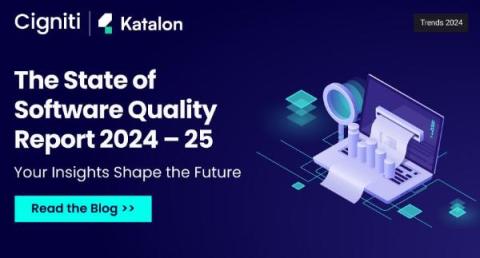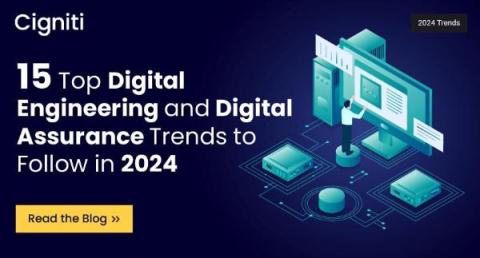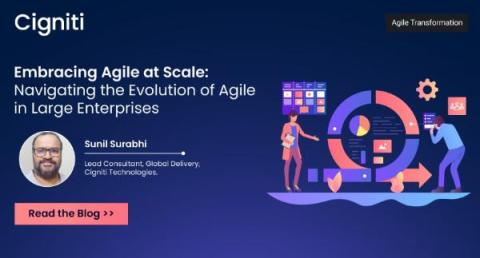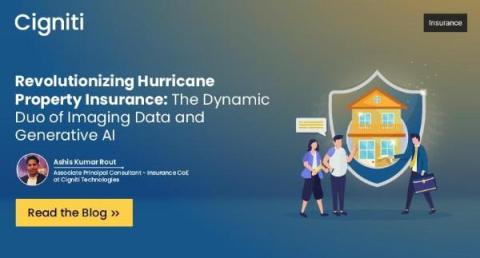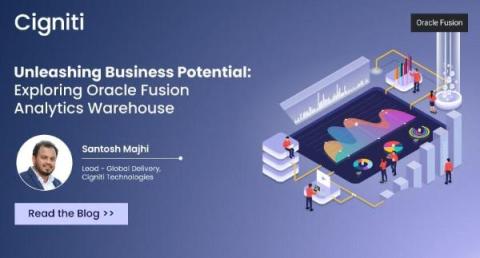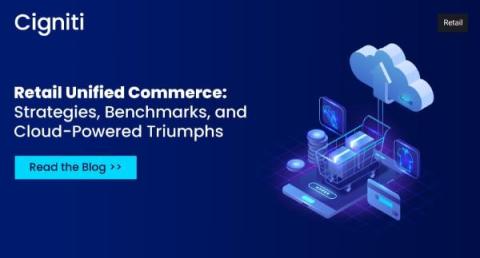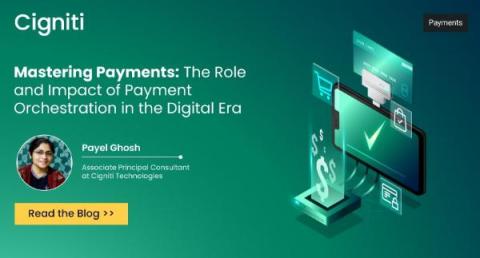Systems | Development | Analytics | API | Testing
January 2024
15 Top Digital Engineering and Digital Assurance Trends to Follow in 2024
Harness the Power of ChatGPT in Cybersecurity: Enhancing Threat Detection and Response
Embracing Agile at Scale: Navigating the Evolution of Agile in Large Enterprises
The heightened demand for agile scaling across enterprises in contemporary times is underscored by several key factors, including the rapid pace of product changes within organizations, evolving customer expectations and market dynamics, the imperative of digital transformation and innovation, the risks associated with falling behind in competition, the inherent advantages of adopting agile methodologies, and the pressing need to adapt or face the consequences of obsolescence.
Revolutionizing Hurricane Property Insurance: The Dynamic Duo of Imaging Data and Generative AI
A catastrophe hazard is a severe and widespread event that causes significant damage and financial loss. These events are frequently natural disasters or large-scale human-made incidents that affect expansive and contemporary claims. Catastrophe hazards pose substantial trouble to insurers, as they can lead to a high volume of claims within a short period, potentially impacting insurance companies’ financial stability.
Unleashing Business Potential: Exploring Oracle Fusion Analytics Warehouse
In the era of data advancement, current organizations are looking forward to innovative ways to utilize the potential of their data. Considering these scenarios, Oracle has developed a powerful tool, Oracle Fusion Analytics Warehouse, which has emerged as a game changer for many organizations looking to uncover their data’s capability in an easy and accessible manner.
Retail Unified Commerce: Strategies, Benchmarks, and Cloud-Powered Triumphs
52% of customers pay more for a product if they anticipate an easy shopping experience – PWC Adyen’s research reveals a $3.3 trillion global opportunity, representing the potential revenue shift from negative to positive shopping experiences for retailers. Businesses that excel in tailoring services to meet customer needs and desires are adept at offering personalized recommendations and support throughout the entire buying journey.
7 Key Methods to Build Scalable and Flexible Digital Products with Platform Engineering
In modern technology, successful digital products and platforms are built on the bedrock of scalability and flexibility. Whether it’s a burgeoning startup or an established enterprise, adapting, growing, and handling increased loads without compromising performance is crucial. Platform engineering stands at the forefront of this paradigm, offering methodologies and frameworks that enable the creation of robust, scalable, and flexible systems capable of meeting evolving demands.
Nasscom Gen AI Confluence 2023 | Decoding the future: Gen AI's Influence on BFSI Dynamics
Beyond Checkout: GenAI's Impact on Retail & CPG Evolution | Nasscom Gen AI Confluence 2023
Mastering Payments: The Role and Impact of Payment Orchestration in the Digital Era
By the term “orchestration,” the first thing that comes to mind is the systematical or automated coordination and management of different components to achieve a particular goal. So, if you think of payment orchestration, it will mean coordinating and managing different payment services, payment methods, payment service providers, payment gateways, payment processors, and payment networks in a systematic and automated way to process payments smoothly, efficiently, and securely.


